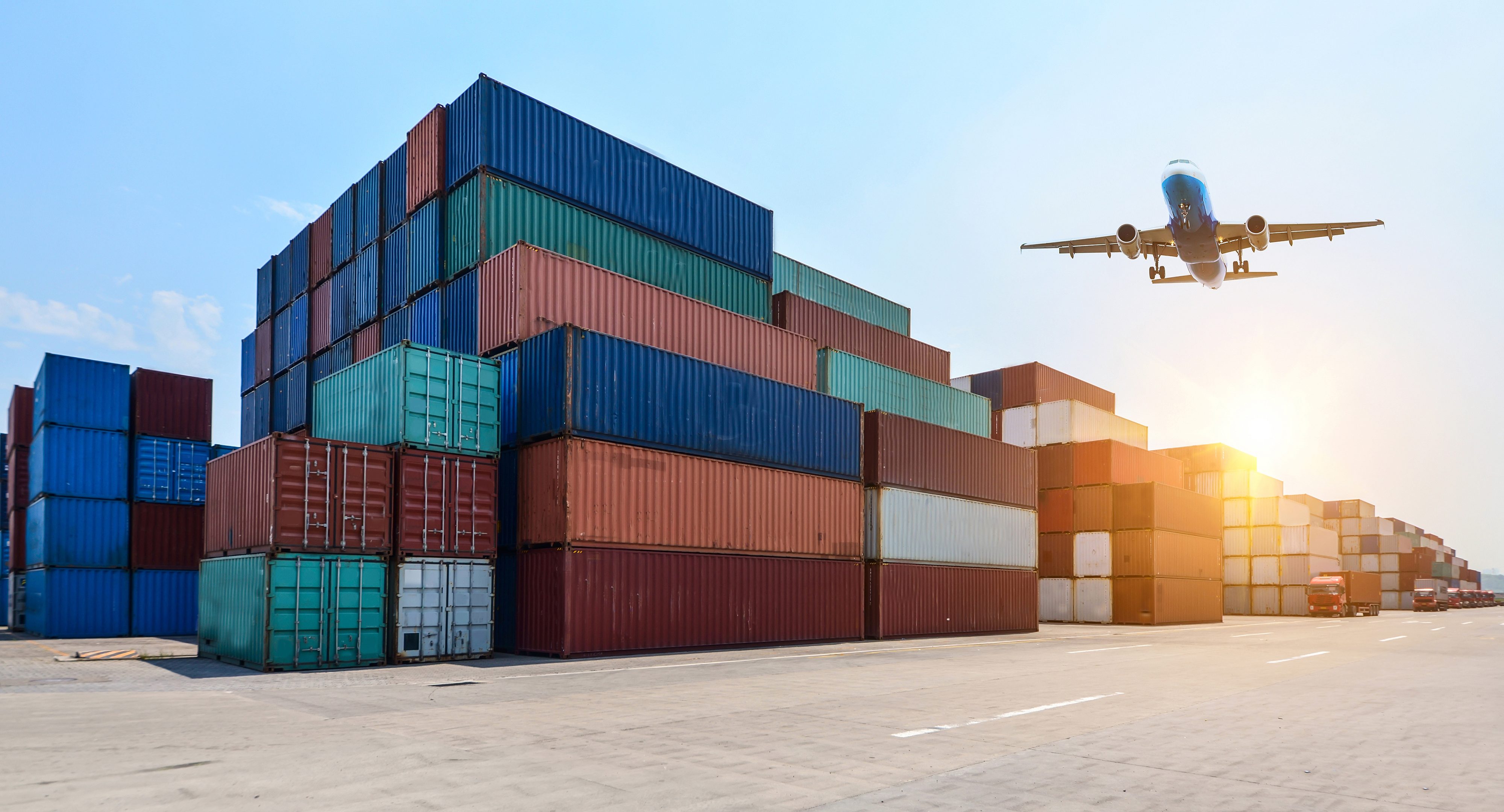SHARE
7 Blockchain Applications in Logistics
Blockchain technology has taken the world by storm. While the majority of people think that blockchain is limited to cryptocurrencies, its real-world application scenarios are innumerable. The revolutionary technology is affecting every industry across the globe and is going to rewrite the rules of business.
The logistics industry is the backbone of all businesses across the globe. It is a trillion-dollar industry that is growing exponentially with each passing year. The blockchain is going to alter the landscape of the logistics industry. While companies such as IBM have started experimenting with enterprise software and systems based on the technology, businesses have started seeing the advantages that blockchain brings in logistics. It can prevent frauds, eliminate inaccuracies, increase data security and transparency, improve efficiency, and reduce expenditure.
A few early adopters recognize the benefits of the blockchain applications in logistics and have started experimenting and implementing it for an unprecedented advantage.


 Industrial port and container yard
Industrial port and container yard

1. Inventory Tracking
Blockchain technology can be used to build an efficient system that allows different companies to keep track of their products even at micro levels.Who Did it
Multiple corporations retailing food have partnered with IBM to develop a system based on blockchain that allows tracking of food items. The alliance includes Walmart, Nestle, and Unilever among others. The technology will allow the company to backtrack individual food items back to the farm. Walmart has successfully experimented twice with the blockchain. It tracked pork in China and mangoes in Mexico to their origins. Ambrosus is another company that is using blockchain for inventory tracking.How is it Beneficial
How will tracking a fruit be useful? Roll back to the E. coli outbreak in the U.S. ten years ago wherein spinach infected with the microorganism spread the disease. If a similar incident occurs in future, it will be easy to identify the infected batches of the fruit. There will be no need to destroy the whole stock, only the infected ones. Time is of the essence for managing such incidents and limiting the damage.2. Improve Freight and Shipping
Cargo companies across the world especially those that support international delivery recognize the benefits of the blockchain technology. The technology can allow the company to track each item while simplifying the existing logistics process.Who Did It
Maersk, the world’s biggest operator of shipping containers, has already experimented with blockchain. They along with Dutch Customs and US Department of Homeland Security used the technology to keep tabs on the movement of their cargo across international borders. Maersk has now teamed up with IBM to develop highly secure logistic systems that will alter the global trade landscape for good.How is it Beneficial
The system is expected to save billions of dollars for companies engaged in freight transportation by replacing existing logistic processes. It will help to reduce errors, improve delivery times and enable detection of frauds while lowering costs incurred.
3. Invoicing and Payments
A big challenge in logistics is developing efficient and secure systems for invoicing and payments. Blockchain has already displayed its ability to handle transactions effectively with the introduction of cryptocurrencies like Bitcoin and Ethereum.Who Did it
Tallysticks has developed a platform based on blockchain that can handle invoicing and payments for logistic and other businesses. Based on smart contracts, it automatically sanctions a payment corresponding to an invoice. Visa has also jumped on the blockchain bandwagon and has launched its B2B Connect payment service.How is it Beneficial
It aims to simplify payments across international borders while ensuring security and transparency. It also ensures that a system that prevents frauds and minimizes errors is in place without involving middleman.4. Authenticity Verification
Using blockchain in logistics is not only meant for businesses. It is advantageous for the end consumers.Who did it
Everledger, has leveraged blockchain for the diamond industry that establishes the authenticity of the origins of the diamond. It addresses the concerns of the consumers as well as of those engaged in the diamond business by using blockchain and cryptography to track each diamond.How is it Beneficial
With over a million diamonds digitized, Everledger has improved fraudulent claim detection while building trust and credibility in the diamond industry. It also discourages counterfeits and can deal with the issues of trafficking for once and all. Every owner of the glistening rock can have peace of mind by knowing the origins of their diamond. Everledger does not plan to stop at diamonds. It is venturing worth into other avenues that deal in high-value products like fine wines.5. Improving Transparency
Another purpose of implementing blockchain in logistics is for improving supply chain transparency. A big issue plaguing supply chains is the credibility of information, and Provenance is a company that is tackling that using blockchain.Who Did it
Provenance has experimented with several case studies for supply chains based on the blockchain. The collaborated with an international brand that was importing coconuts from Indonesia. It developed a system that ensured that the farmers supplying the coconuts got fair compensation. The system holds the companies accountable for the information they provide and helps to present it in the right way to the consumers. It ensures that the companies are engaging in fair trade practices as per their claims. In another case study, Provenance tracked Tuna fish caught by farmers from Indonesia. The project meant for improving the communication of tracking information between agents working at different levels of the supply chain. The project ensured that the supplied data was verifiable and traceable by using a decentralized system.How is it Beneficial
A big advantage of using blockchain systems for transparency is that it will ensure B2B logistics have better visibility and improved credibility and help build trust between businesses. It will also lower disputes related to invoices and reduce auditing costs while preventing exploitation of workers at ground level. Industrial port and container yard
Industrial port and container yard